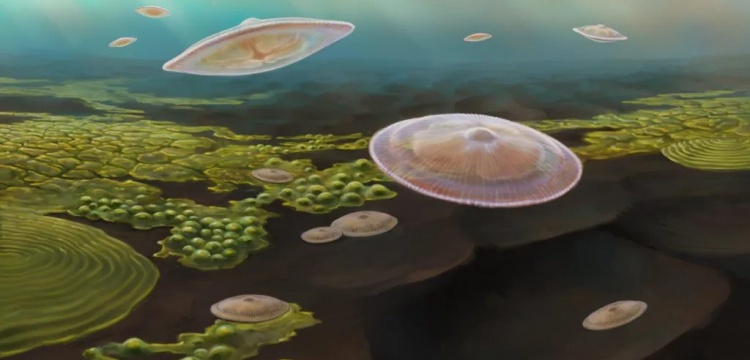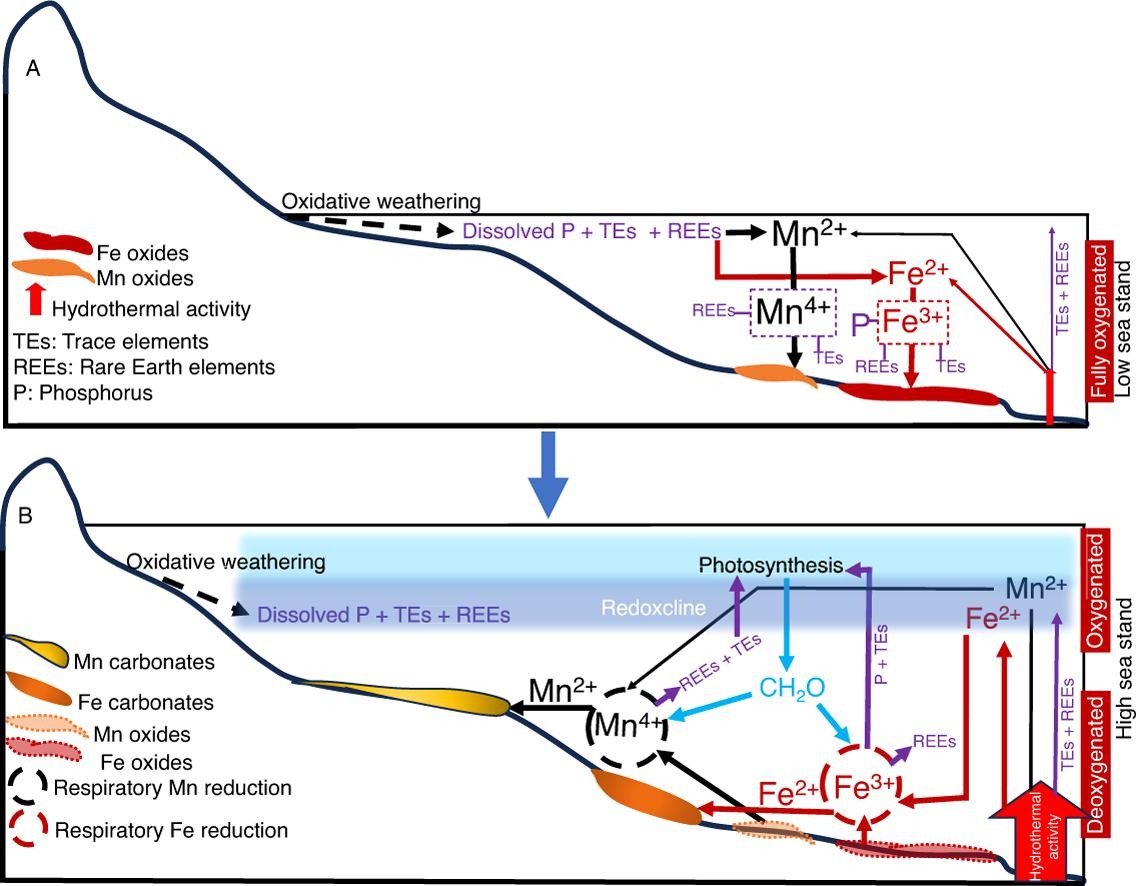New study claims: Life on Earth began around 2.1 billion years ego

A team of scientists coupled an episode of intense submarine hydrothermal alteration of a nutrient-rich seafloor reservoir to the collision of the Congo-São Francisco cratons at ∼2100 Ma, to unravel a paleo-geodynamic incident of seawater P enrichment in the Paleoproterozoic Francevillian sub-basin.
Scientists propose that previously unrecognized local pulse in dissolved seawater P concentration, of comparable magnitude to Ediacaran seawater levels, set the stage for Earth’s earliest biospheric experimentation towards macrobiological complexity ∼2100 million years ago.
Acoordingo to news of science reporter Georgina Rannard from BBC; Complex life on Earth began around 1.5 billion years earlier than previously thought, new study claims.
Until now, scientists broadly accepted animals first emerged on Earth 635 million years ago. But a team, led by Cardiff University, has discovered evidence of a much earlier ecosystem in the Franceville Basin near Gabon on the Atlantic coast of Central Africa over 1.5 billion years earlier.
The findings are published in the scientific journal Precambrian Research. (Hydrothermal seawater eutrophication triggered local macrobiological experimentation in the 2100 Ma Paleoproterozoic Francevillian sub-basin)

The team, working in Gabon, say they discovered evidence deep within rocks showing environmental conditions for animal life 2.1 billion years ago.
But they say the organisms were restricted to an inland sea, did not spread globally and eventually died out.
The ideas are a big departure from conventional thinking and not all scientists agree.
Most experts believe animal life began around 635 million years ago.
The research adds to an ongoing debate over whether so-far unexplained formations found in Franceville, Gabon are actually fossils or not.
The scientists looked at the rock around the formations to see if they showed evidence of containing nutrients like oxygen and phosphorus that could have supported life.
Professor Ernest Chi Fru at Cardiff University worked with an international team of scientists.
He told BBC News that, if his theory is correct, these life forms would have been similar to slime mould - a brainless single-cell organism that reproduces with spores.
But Professor Graham Shields at University College London, who was not involved in the research, says he had some reservations.
"I'm not against the idea that there were higher nutrients 2.1 billion years ago but I'm not convinced that this could lead to diversification to form complex life," he said, suggesting more evidence was needed.
Prof Chi Fru said his work helped prove ideas about the processes that create life on Earth.
